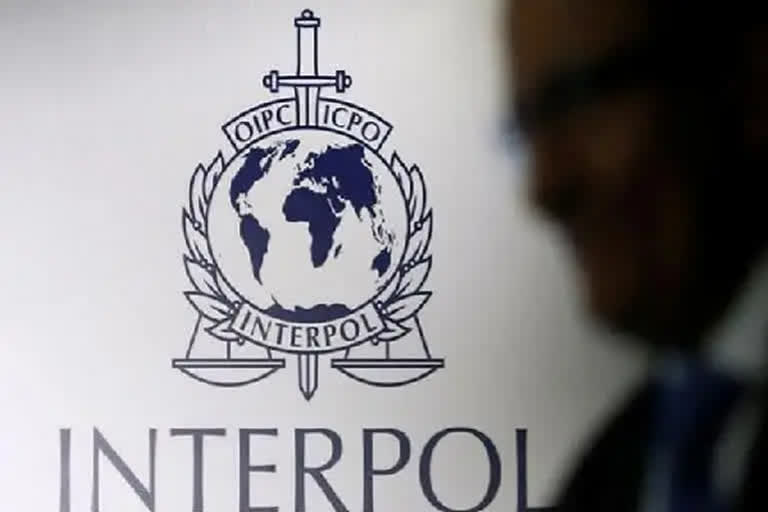New Delhi: The 90th General Assembly of Interpol on Friday resolved to set up specialized units to fight child sexual exploitation. The international police body has also asked members counties to actively and collectively support to fight against organised crime, financial crime and corruption.
The four-day-long General Assembly of Interpol that concludes in the national capital has admitted that online child sexual exploitation and abuse is an ever growing crime area common to all member countries.
Noting that trained law enforcement units are critical to an effective coordinated international response to this criminal activity, and to the protection of children globally, Interpol General Assembly urged member countries to establish such specialised units and for the national central bureaus to authorised such specialised units to connect to the international child sexual exploitation database (ICSE) database.
It also urged member counties connected to the ICSE to upload and analyze material in the database, thereby contributing to international investigation and prevention efforts.
"Each and every child should be protected from sexual exploitation and abuse, and from re-victimisation after images have been shared online," said Interpol secretary general Jurgen Stock.
Currently containing more than 4.3 million videos and images, ICSE database enables investigators to make connections between victims, abusers, and locations from across all regions.
Also read:Terrorism biggest violator of human rights; Interpol's role very important: HM Amit Shah
Through leads generated via ICSE, to date more than 30,000 victims have been identified around the world. However, in addition to significant under reporting of online child sexual exploitation and abuse cases, many countries do not have specialised units dedicated to this crime type, with others lacking necessary legislation to support investigation.
Currently, 68 member countries including India are connected to ICSE database. There are 195 member countries in Interpol.
Admitting high and growing volume of financial crime committed globally and that illicit financial flows are linked to many types of predicate crime, in addition to fraud and corruption, the Interpol calls upon all member countries collectively support the fight against financial crime and corruption.
The international body said that the circulation and flow of illicit proceeds represent a serious risk to citizens in all counties.
The resolution calls for member countries to join and contribute to the Interpol-StAR Global Focal Point Network (GFPN) on asset recovery to support countries in locating and recovering stolen assets linked to the proceeds of criminal activity, in line with their national legislation.
Another resolution being taken by the 90th General Assembly of Interpol is identification of missing persons through optimal use of INTERPOL's I-Familia database.
Emphasising the I-Familia and Interpol's DNA expertise in interpreting DNA matching results is available to all member countries, it was suggested to make effective use of such database through the lawful provision of DNA profiles of unidentified human remains in unsolved national investigation.
I-Familia is a global database for identifying missing persons based on international DNA kinship matching. The database seeks to identify missing persons or unidentified human remains when direct comparison is not possible, by using DNA samples from family members instead.
